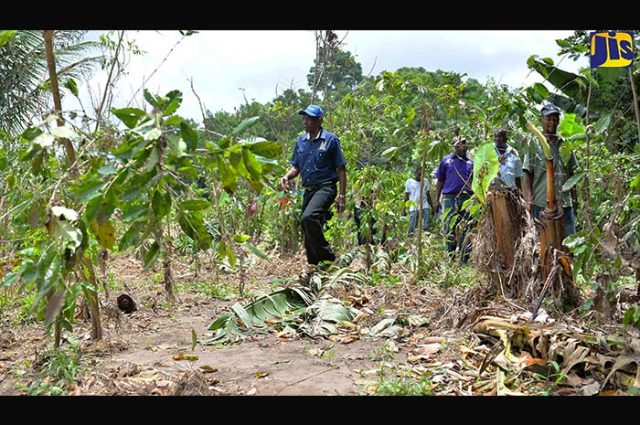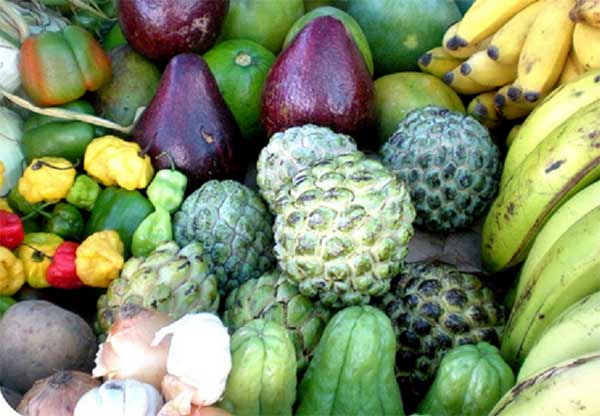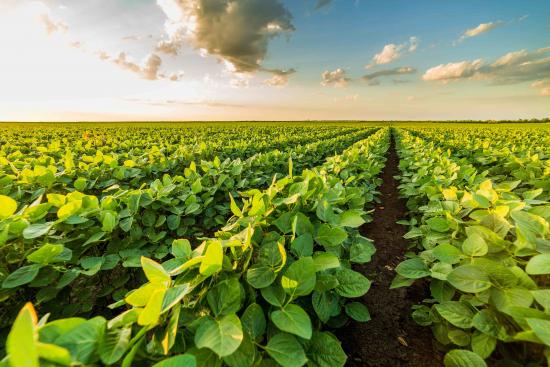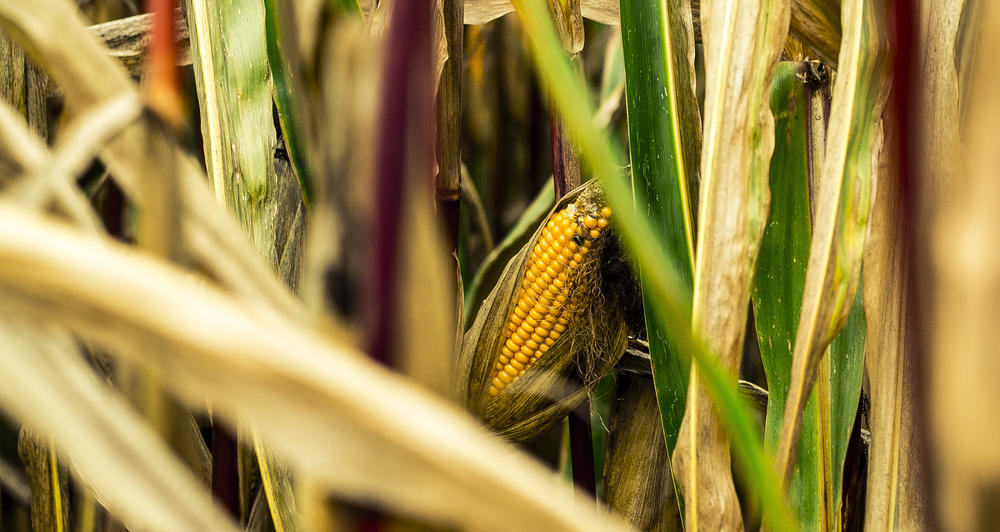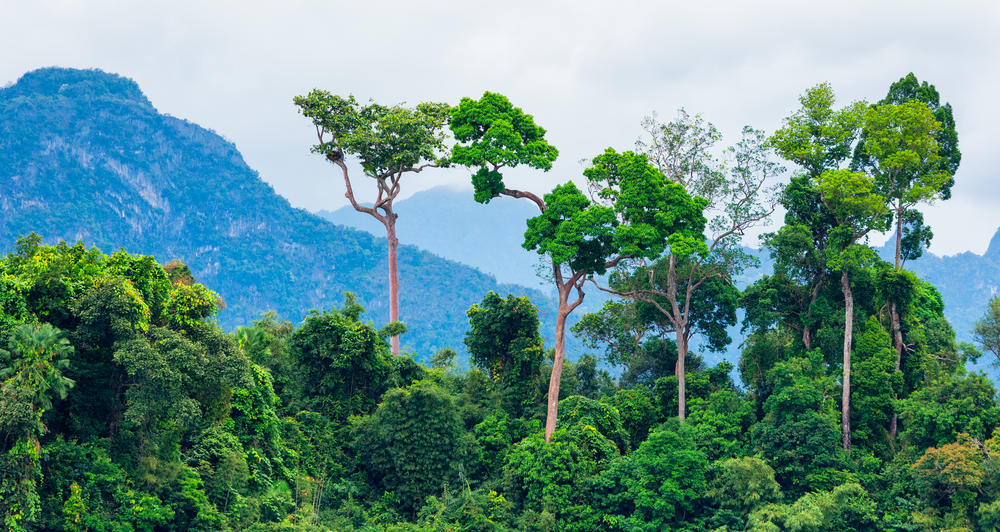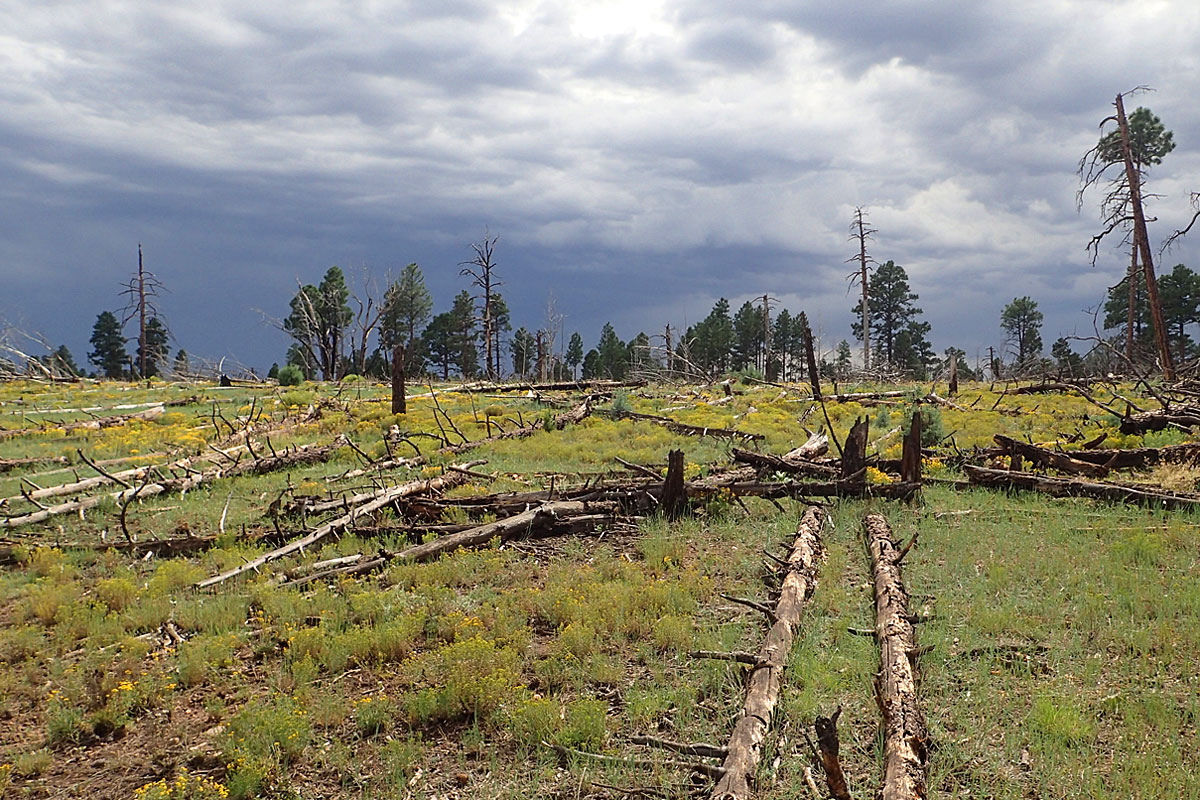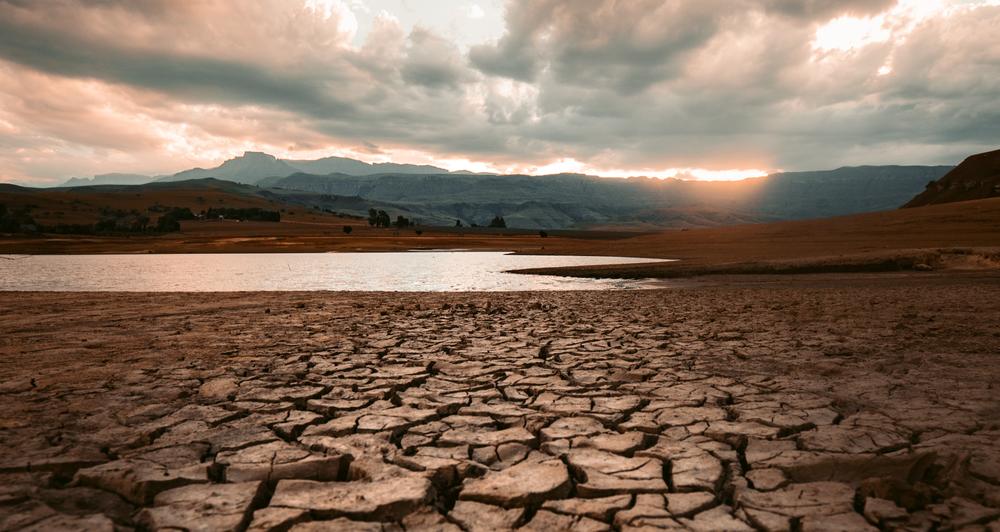 John LaRose Jr.
John LaRose Jr.
Topics: Livestock/Meat, Dairy, Lamb/Sheep, Sustainability, Beef Cattle, Goats, Research, Genes /Genetics, Ag Africa, Weather,
Doctor breeds better livestock for Africa - Alliance for Science
When Dr. Baker Bakashaba graduated from Uganda’s Makerere University Medical School in 2014, a close family friend gave him the gift of a cow. The generous gift rekindled Bakashaba’s desire to engage in livestock farming at his rural home in Western Uganda. Motivated by the kind gesture and his family’s farming background, he founded Novine […]
-
(0)
-
Bookmark
- Comments (0)
11/17/2020 SOURCE: me.mashable.com
-
(0)
-
Bookmark
- Comments. (0)
 John LaRose Jr.
John LaRose Jr.
Topics: Vegetables, Water, Economics, World Hunger, World Population, Ag Podcast Global, Weather,
Farmers Face Millions in Losses as Heavy Rains "Wipe Out" Their Produce
Several farmers across the island have experienced a complete wipe out of their farms by floodwaters costing millions of dollars.Nigel Levy, a farmer in St. Thomas says his loss is over a million dollars. Kingsley Palmer, a farmer from St Elizabeth says he suffered substantial losses, losing all of his tomatoes and experiencing extreme soil […]
-
(0)
-
Bookmark
- Comments (0)
 John LaRose Jr.
John LaRose Jr.
Topics: Vegetables, Ag Innovation, Government / Policies, Climate Change, Ag South America, Regenerative Agriculture, Coronavirus/COVID, Weather,
Agriculture and Food Systems in Latin America and the Caribbean Poised for Transformational Changes - St. Lucia News From The Voice St. Lucia
AS agriculture and food systems across Latin America and the Caribbean (LAC) try to recover from the impacts of the COVID-19 pandemic...
-
(0)
-
Bookmark
- Comments (0)
11/13/2020 SOURCE: www.agriculture.com
First joint product to be released in Brazil, followed by Europe and North America.
Bosch and BASF establish joint digital technology venture
-
(0)
-
Bookmark
- Comments. (0)
 John LaRose Jr.
John LaRose Jr.
Topics: Education U.S. NorthEast, Water, Sustainability, Research, World Population, Weather,
Predicting plant water needs in a warmer, drier world
New research suggests dry air and warmer temperatures may prompt bigger than expected changes in how water moves through plants. The adjustment may allow plants to survive with less water in future droughts, while downshifting how much carbon they absorb.
-
(0)
-
Bookmark
- Comments (0)
 John LaRose Jr.
John LaRose Jr.
Topics: Corn/Maize, Precision AG , Crop Consultant, Water, Economics, Sustainability, Research, World Hunger, World Population, Weather,
U.S. corn crop increasingly sensitive to drought
New management approaches and technology have allowed the U.S. Corn Belt to increase yields despite some changes in climate. However, soil sensitivity to drought has increased significantly, according to a new study that could help identify ways to reverse the trend.
-
(0)
-
Bookmark
- Comments (0)
 John LaRose Jr.
John LaRose Jr.
Topics: Forestry, Research, Transportation, Ag Innovation, Climate Change, World Population, Regenerative Agriculture, AgriBusiness, Education, Weather,
Where in the world can plants best soak up carbon emissions?
Plants around the world are growing at a slower than expected. Researchers say insufficient nutrients in the soil may be the culprit. A new world nutrient map provides a framework for predicting what areas around the world will be successful carbon sinks in the future.
-
(0)
-
Bookmark
- Comments (0)
 John LaRose Jr.
John LaRose Jr.
Topics: Soil Health, Sorghum, Forestry, Education U.S. MidWest, Economics, World Population, Regenerative Agriculture, Weather,
UM Study Reveals Patterns That Shape Forest Recovery After Wildfires
New UM research suggests recurring continent-spanning drought patterns set the tempo for forest recovery from wildfire.
-
(0)
-
Bookmark
- Comments (0)
 John LaRose Jr.
John LaRose Jr.
Topics: Irrigation, Water, Sustainability, Research, World Hunger, Climate Change, Ag Africa, World Population, Weather,
In a warming world, Cape Town’s ‘Day Zero’ drought won’t be an anomaly
Using new high-resolution simulations, researchers conclude that climate change made the Cape Town ‘Day Zero’ drought five to six times more likely and suggest extreme drought events could become common in southwestern South Africa by the end of the 21st century.
-
(0)
-
Bookmark
- Comments (0)




